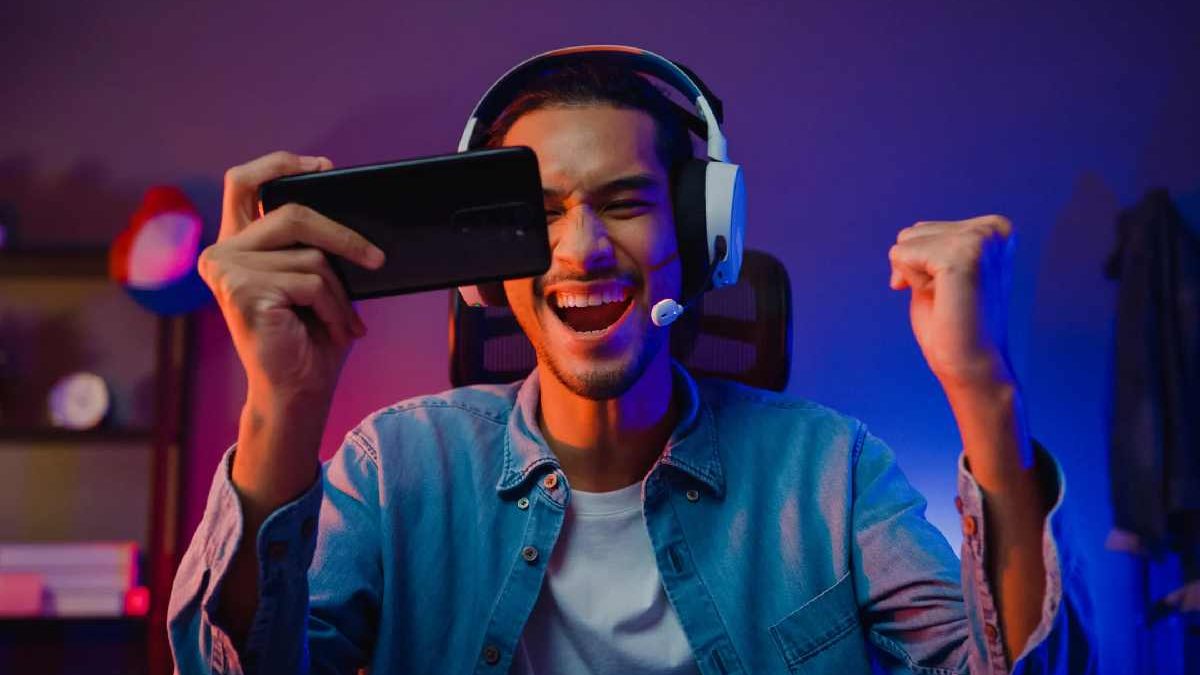From Escape to Empowerment: How Gaming Became My Greatest Tool in Recovery
For as long as I can remember, gaming has been a part of my life. As a kid, video games were more than just entertainment; they were an escape. I could be a hero, a strategist, a world-builder—anything other than the anxious, awkward kid I was in reality. Over time, gaming became more than just a hobby; it became an obsession. And as I got older, that obsession found a dangerous counterpart in substance use.
When I entered recovery, I had to confront my relationship with addiction in all its forms. I knew that I had used substances to cope with stress, anxiety, and feelings of inadequacy, but I also had to ask myself a harder question: Had I been using gaming the same way? And if so, could I still play video games without falling into the same traps?
Table of Contents
Recognizing Gaming as a Coping Mechanism
During the early days of my recovery, I spent a lot of time reflecting on my patterns of behavior. When I was using, I played games for hours—sometimes days—at a time, neglecting responsibilities, relationships, and even basic self-care. I chased achievements and high scores the same way I chased the next high. Gaming wasn’t just an escape; it was another addiction.
But unlike substances, gaming itself wasn’t inherently harmful. The problem wasn’t the games—it was how I was using them. I had to learn to distinguish between healthy gaming and compulsive gaming, just as I had learned to recognize the difference between responsible habits and destructive substance use.
Rebuilding a Healthy Relationship with Gaming
One of the most valuable lessons I learned in recovery was the importance of balance. Through therapy and group discussions, I discovered that gaming didn’t have to be a negative force in my life. It could actually be a powerful tool for stress relief, creativity, and even social connection—if I used it mindfully.
I started setting boundaries. No more marathon gaming sessions that left me sleep-deprived and disconnected. No more using games to avoid real-life responsibilities. Instead, I made gaming a structured part of my daily routine, giving myself time to play without letting it consume me. I also sought out games that aligned with my recovery goals—titles that encouraged problem-solving, teamwork, or relaxation rather than mindless grinding.
Gaming as a Positive Outlet in Sobriety
Today, gaming plays a crucial role in my recovery. It’s my go-to stress-relief tool after a long day. It keeps my mind engaged, helps me unwind, and gives me a sense of accomplishment without the self-destruction that once came with it.
One of the biggest changes has been in how I connect with others. In the past, gaming was a solitary activity that often isolated me from the real world. Now, it’s a way to build relationships. I play online with friends, participate in gaming communities, and even use cooperative games to strengthen my social skills. The camaraderie I’ve found in gaming has replaced some of the unhealthy social circles I had when I was using.
Finding Help and Support in Recovery
Recovery has taught me that it’s not about eliminating everything I once used as an escape—it’s about learning to engage with my passions in a healthy way. Gaming isn’t my enemy; it’s one of my greatest tools for staying grounded, as long as I approach it with intention and awareness.
If you or someone you love is struggling with addiction, know that help is out there. Skypoint Recovery and Skypoint Recovery Virginia offer programs designed to support individuals on their path to sobriety.
Recovery isn’t about losing yourself—it’s about rediscovering who you are and what truly brings you joy. For me, gaming is still a huge part of my life, but now, it’s a passion I control rather than one that controls me. And that, in itself, is one of the greatest victories of my sobriety.

